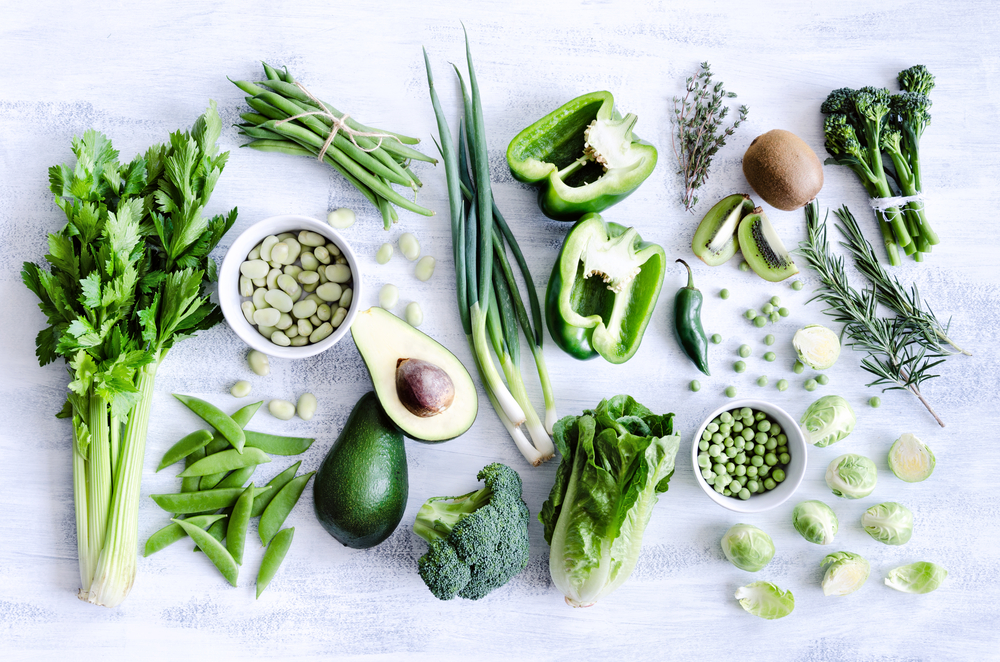Nutrition and diet plays a significant role in fertility for both men and women. The foods you consume can impact hormone levels, reproductive organ function, egg and sperm quality, and overall reproductive health.
It’s essential that your preconception diet is full of the recommended nutrients and vitamins that contribute to fertility health and give you the best chance of conception. Let’s explore the importance of the fertility foods, the preconception diet and what you should be eating more of in more detail…
The Importance of Diet for Fertility Health
A fertility diet also known as the preconception diet can play a crucial role in optimising the chances of conception. Here are some reasons why a healthy diet specifically tailored for fertility are important.
Hormone Regulation:
A balanced diet helps regulate hormone levels, including those involved in reproductive processes. Hormones such as estrogen, progesterone, luteinizing hormone (LH), and follicle-stimulating hormone (FSH) play crucial roles in ovulation and sperm production. Consuming a nutrient-rich diet supports the production and balance of these hormones.
Maintaining a Healthy Weight:
A healthy body weight is essential for fertility and pregnancy health, affecting both men and women. Both overweight and underweight individuals may experience difficulties with conception. A nutritious diet, combined with regular exercise, can help achieve and maintain a healthy weight, optimising fertility outcomes.
Antioxidants and Nutrient Intake:
Antioxidants protect the body and help improve fertility. Including foods such as fruits, vegetables, whole grains, and nuts in your diet provides essential antioxidants including vitamin C and E, beta-carotene and selenium. These antioxidants can help protect reproductive cells from damage and improve their quality.
Micronutrients for Reproductive Health:
Incorporating specific micronutrients into your diet is essential for reproductive health. For example, folic acid is crucial for preventing neural tube defects in early pregnancy. Iron, zinc, calcium, and vitamin D also play important roles in fertility and reproductive health.
Blood Sugar Regulation:
Consuming a balanced diet that includes complex carbohydrates, lean proteins, and healthy fats helps regulate blood sugar levels. Unstable blood sugar levels can negatively impact hormone regulation and ovulation.
Healthy Reproductive System:
Omega-3 fatty acids, found in salmon, flaxseeds, olive oil, avocado, nuts and seeds, have been associated with improved fertility in both men and women. These essential fatty acids contribute to hormone production and promote a healthy reproductive system. To further support a healthy reproductive system, you would limit your intake of processed foods and trans fats found in fried and packaged foods. These can decrease fertility, cause inflammation and hormone imbalances.
While it is important to note that your diet is an essential aspect of fertility, it’s not the only factor that affects your fertility. Other factors such as age, genetics, lifestyle choices and underlying medical conditions can also influence fertility. If you are experiencing difficulties conceiving, I recommend booking an appointment with me for personalised support and guidance. Click here to book an appointment.
Preconception & Fertility Foods
Eating a healthy balanced diet is crucial for promoting fertility health. Here are the five essential nutritious fertility foods to support male and female reproductive health and improve fertility:
1. Fruits and Vegetables
Include a variety of colourful fruits and vegetables in your daily diet to provide essential vitamins, minerals, antioxidants and fibre.
- Leafy greens such as spinach, kale, broccoli and silverbeet
- Colourful fruits such as berries, kiwi and citrus fruits
- Herbs such as coriander, parsley and mint
2. Whole Grains
Choose whole grains over refined grains as they are rich in fibre, B vitamins, and minerals. Examples of whole grains include brown or wild rice, rye or spelt bread and oats.
3. Lean Protein
Incorporate lean sources of protein into your meals which are essential for quality egg and sperm production.
- Free range or organic poultry
- Wild fish
- Free range or organic eggs
- Organic GM free tofu including tempeh and miso
- Legumes such as beans and lentils
4. Healthy Fats
Sources of healthy fats provide omega-3 fatty acids which are essential for fertility health, include:
- Avocados
- Nuts including walnuts and Brazil nuts
- Seeds such as quinoa, flaxseeds, chia and hemp seeds
- Fatty fish including salmon and sardines
5. Water
Staying hydrated is essential for overall health, including reproductive health. Drink an adequate amount of filtered water throughout the day to support your body’s functions.

If you are embarking on the fertility journey or have been trying to conceive for a while, I encourage you to download Your Complete Guide to Fertility. This is a free eGuide have I created to provide you with practical tips to enhance your fertility.
Through natural therapies and naturopathy, I assist you in creating the ideal environment to conceive, as well as support you through a healthy pregnancy. To book an appointment with me, either in person at Brunswick Health or via telehealth, click here.
